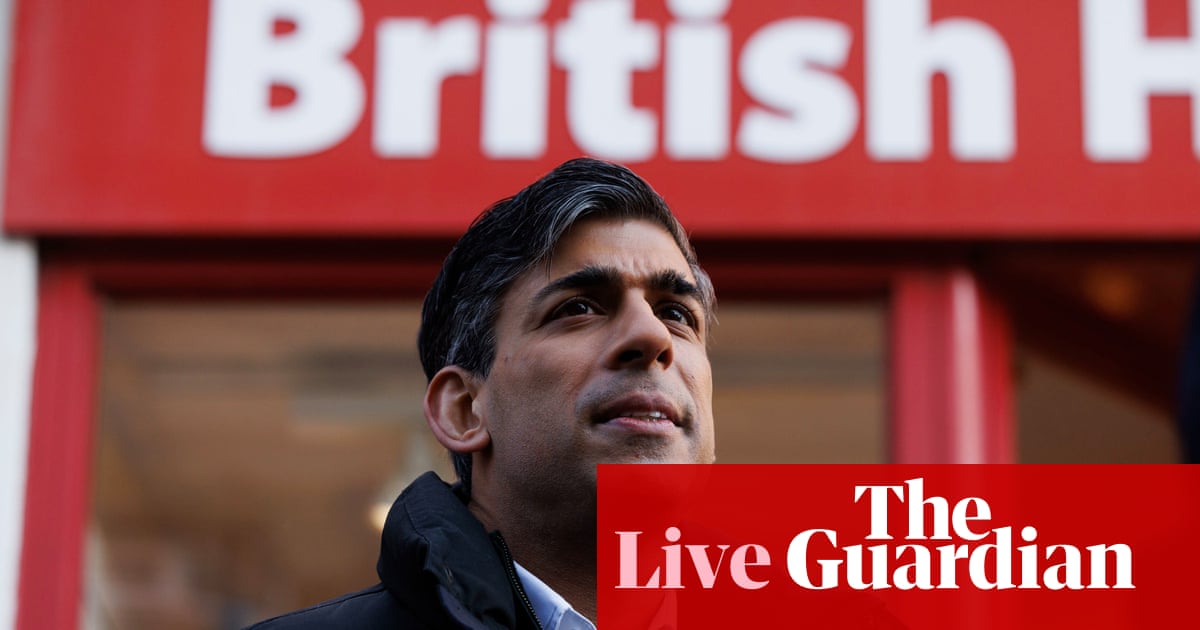
m I going too far? Will this jump the shark? Would it be too much to give an ermine-lined parachute to my brother so he can float into the House of Lords?” Thus Boris Johnson may have mused to himself as he ran a forefinger down the list of names that he has just announced as new peers.
“Here’s a leaping lordship for Evgeny Lebedev, billionaire son of a former KGB agent turned oligarch, host of wonderful parties at his Italian castle, owner of a pet wolf called Boris and a chap whose newspaper was so good to me when I was mayor of London. Let’s make a lady of Claire Fox, former activist in a Trotskyist sect that was an apologist for the IRA, and for whom all is forgiven because she campaigned to leave the EU. Let’s give her some company by ennobling Beefy Botham and a host of the Brexit gang. And we can bulk up the numbers with old mates, former ministers, ex-MPs and party donors, nothing that many of my predecessors have not done.”
Yeah, the prime minister will have said to himself after wrestling with the conflict of interest about his brother for less than a second. “Let’s add Jo to the list. The only real headache will be explaining to dad Stanley, sister Rachel and other brother Leo why they aren’t getting a perch in the Lords as well.”
Boris Johnson will have expected the cocktail of derision and outrage that greeted his picks for the peerage. And he will have said to himself: “Quid ergo?” Because he will have also anticipated that the howls of horror at the shamelessness of his list would not last terribly long. Spumes of revulsion about appointments to the Lords are one of the most predictable rituals of our politics. If the prime minister is a Labour one rewarding his friends and supporters, the outrage will mainly come from Tories. If the prime minister is a Conservative, which has been the case more often over the past 100 years, the condemnation will erupt from the other side. Words such as “cronyism” and “disgrace” are hurled in the direction of Number 10. Then the outrage subsides, everyone’s attention swivels to other subjects and the House of Lords trundles on as a gilded mockery of Britain’s claim to be a fully developed democracy.
Try explaining the upper house of our national legislature to someone from abroad. Start with the 92 members who are hereditary peers, the rump left over as the price for getting rid of the rest without too much fuss when Tony Blair was prime minister. These hereditaries possess a vote in one half of our parliament because an ancestor swung his sword on the winning side of a battle fought long ago or was the illegitimate child of a priapic monarch or was owed a favour by the ruler of their time. The rest of the lords and ladies are “life peers”, the category invented by Harold Macmillan in the 1950s when a gesture was needed to acknowledge the rise of meritocracy but he did not want to do anything so modern as to make peers subject to election. The “lifers” are a gallimaufry of the genuinely distinguished, highly diligent and seriously expert, along with the lifelong bore and the absolutely pointless, the part-timers and the absentees, the ex-MPs seeking a retirement home and the chums, flunkies and sugar daddies of various prime ministers. The US Senate, representing 331 million Americans, has 100 members. The British Lords, elected by no one, will be swollen to more than 800 members once the Johnson appointees are installed. Only the national people’s congress of the People’s Republic of China is larger.
The important question, one that often gets neglected when discussing this subject, is who is truly responsible for this bloated absurdity? It is not Boris Johnson. He didn’t invent this state of affairs - he’s just exploiting it in a particularly egregious fashion. Nor does the blame fundamentally lie with the peers themselves. So as long as the place exists, there will always be people keen to ease their bottoms on to the claret-coloured benches. There’s a nice £300-plus daily fee for turning up. No requirement to speak to make the claim. Expenses on top. The car parking is handily situated in the centre of London. A titled handle may add apparent respectability to a corporate letterhead or open doors for a lobbyist’s pitch. Lords are now required to declare their financial interests, but the shy peer can always take a “leave of absence” if they’d prefer not to have their sources of income perused by the public. Membership of the Lords is a bauble or a reward or an earner or all three. Or it is a kind of private members’ club that pays you for attending. Explaining why he wanted a seat in the Lords, one former cabinet minister once told me: “All my friends are there.”
Many peers know that their institution can’t be justified and that they look ridiculous. Reacting to the Johnson list, the Lord Speaker, Norman Fowler, bewailed a “lost opportunity” to trim the ranks of the peers, though this missed the point for those who think that the appropriate number of unelected legislators is zero.
It is the lack of democratic legitimacy that lies at the heart of why the Lords is both so tainted and so unreformed. Absent any claim to a public mandate, peers can never be a fully functional element of the legislature and that means they can never be properly capable of checking the executive of the day. Governments like it that way so they keep it that way.
Peers will sometimes refettle pieces of legislation and, very occasionally, they use their delaying power to slow down a government, but they lack the legitimacy to stop a prime minister in possession of a Commons majority from having his way. “Who elected you?” a prime minister can always demand. Because no one did, the Lords can never be more than a constitutional speed-bump for the executive to roll over. This is why successive governments have not made a serious effort to change things. It suits them to have an upper house neutered by its lack of democratic credibility.
They have had willing collaborators among MPs, a lot of whom prefer to keep a compromised second chamber because a legitimate one might challenge the otherwise near-untrammelled power of the Commons. This has been, and for decades, the fundamental obstacle. Way back in the 1960s, Lords reform was stymied by an unlikely alliance of Michael Foot, a man of the left, and Enoch Powell, a man of the right. In the decades since, various schemes to modernise the Lords have been promoted, only to perish at the hands of MPs. Each suggested reform has been dashed on the rocks of vested interests. The most vehement opposition has not come from the peers themselves. They know they’d have to pack their robes and be off if ever told the game was up by a government elected with a manifesto pledge to democratise the Lords. The real problem has always been the Commons. New Labour’s half-hearted attempts to complete Lords reform in the first decade of this century foundered on the resistance of MPs, many of them on the Labour side, who preferred to have a weak second chamber. It was a similar story when Nick Clegg championed a new upper house, largely elected by proportional representation, during the coalition years. That was abandoned in the face of resistance from Conservative MPs.
A currently fashionable idea is to reconfigure the upper house as a chamber representing the nations and the regions, a notion promoted by those who think it might provide some extra glue to hold together a fractured kingdom. This sometimes comes attached to the idea that the chamber could be relocated to York or some other city that is not London. The idea is not without merit, but it will go the same way as every other reform that has been floated over the decades unless the ruling prime minister and the governing party see advantage in it for themselves.
A critical mass of MPs has never wanted to allow the other house to acquire more democratic legitimacy and the enhanced authority that would come with it. A ridiculous second chamber persists because many MPs think it in their interests to keep the Lords incredible. If you want to blame someone for the absurdities of the Lords, point your finger not at the peers. The real villains are, and always have been, sitting in the Commons.
• Andrew Rawnsley is Chief Political Commentator of the Observer












